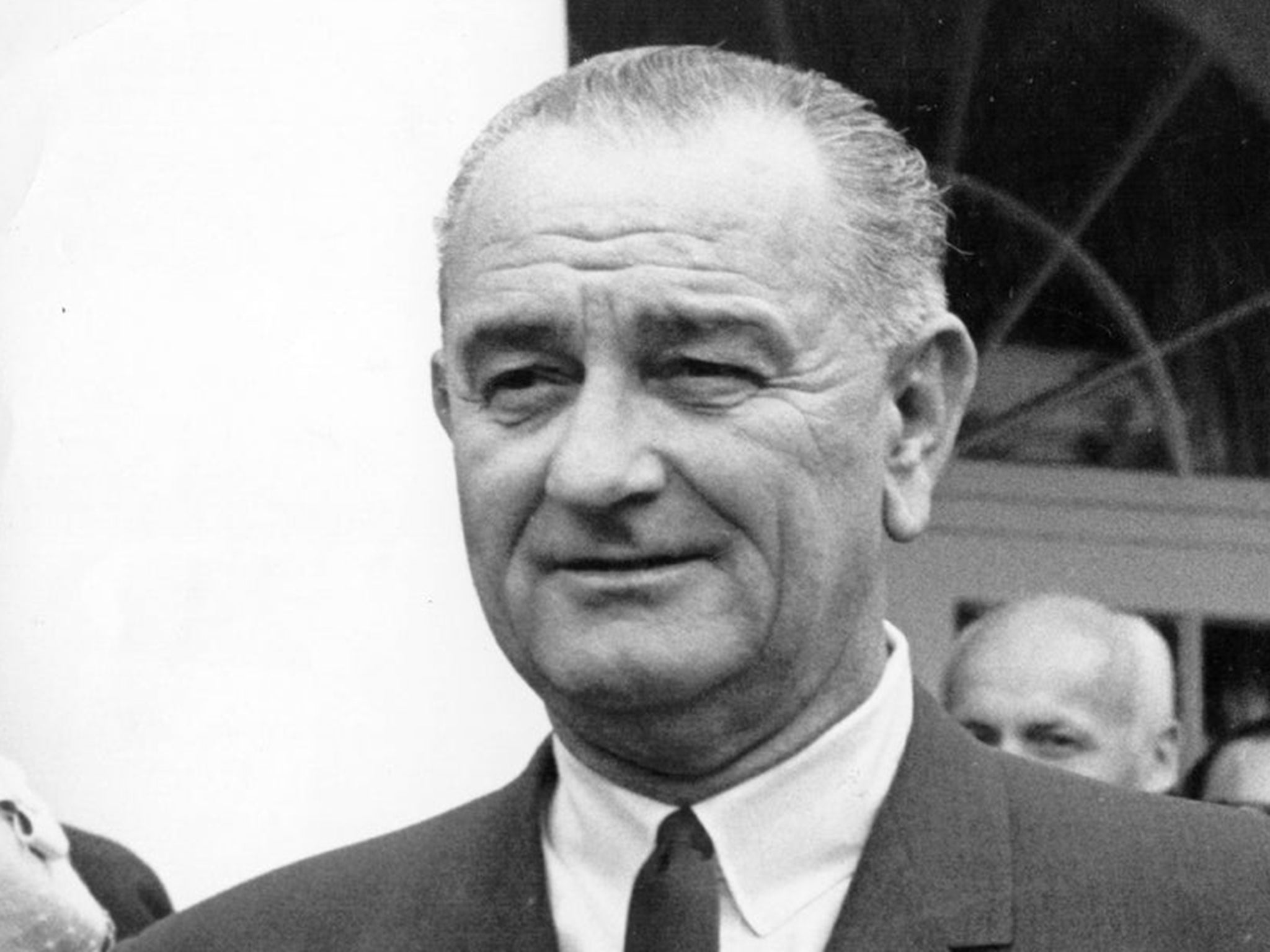The Top 10: Repetitions by political leaders
Repetition for emphasis: a collection of some of the best uses of a simple rhetorical device


Thanks to David Mills for this one. He came across number four recently, which prompted me to collect other examples of a single word repeated at least three times.
1. “Il nous faut de l’audace et encore de l’audace et toujours de l’audace.” Georges Danton, French revolutionary, 1792. (“We need daring, and more daring, and always daring.”) Nominated by Stephen Date.
2. “Never give in, never give in, never, never, never, never – in nothing, great or small, large or petty – never give in except to convictions of honour and good sense.” Winston Churchill, speech to Harrow school, 1941. (He had previously written in 1930: “Never, never, never believe any war will be smooth and easy…”)
3. “There are some of us who will fight, and fight, and fight again, to save the party we love. We will fight, and fight, and fight again, to bring back sanity and honesty and dignity, so that our party – with its great past – may retain its glory and its greatness.” Hugh Gaitskell, Labour leader, to his party conference, 5 October 1960, against a motion for unilateral nuclear disarmament. Nominated by Cole Davis, John Woodcock and Paul T Horgan.
4. “He told me that there were 10 principles of politics, and that they were, in order of importance: loyalty, loyalty, loyalty, loyalty, loyalty, loyalty, loyalty, loyalty, loyalty and loyalty.” Lyndon B Johnson, according to Larry Temple, his White House counsel, 1967-69. Thanks to David Mills.
5. “Left. Left. Left. Left. Left.” Michael Heseltine mocked Labour as a “one-legged army” in his speech to Tory party conference, 1976. Thanks to John Peters, Stephen Date, Sam Evans and Allan Holloway. (And his sequel in 1995, on Tony Blair’s “about turn”: “Right. Right. Right. Right. Right.”)
6. “We say: Never! Never! Never! Never!” Ian Paisley, speech responding to the Anglo-Irish Agreement, 23 November 1985: “Margaret Thatcher says that [the Irish] republic must have some say in our province …” Same number of nevers as Churchill. Nominated by Christopher Lindsay, Vrustig, Kit Marsden and Stuart.
7. “No. No. No.” Margaret Thatcher, 30 October 1990, responding to Jacques Delors, president of the European Commission, who “said at a press conference the other day that he wanted the European parliament to be the democratic body of the community, he wanted the commission to be the executive and he wanted the council of ministers to be the senate”. Her words infuriated Geoffrey Howe, her deputy prime minister, who resigned two days later, hastening her downfall at the end of that month. Thanks to David Sutherland.
8. “Education, education and education.” Tony Blair, Labour Party conference, 1 October 1996: “Ask me my three main priorities for government, and I tell you ...” David Sutherland said: “For six or seven years after Blair first used the expression, whoever drew it in our delegation’s cliche-sweepstake at NUT annual conference was a certain winner.” Nicholas Beale recalled John Major’s “dry remark that his priorities were the same, but not necessarily in the same order”.
9. “Weak, weak, weak, weak.” Tony Blair, prime minister’s questions, 30 January 1997. After asking of John Major: “Is it not extraordinary that the prime minister of our country cannot even urge his party to support his own position?” Yes, I am allowed two entries for Blair.
10. “We will build, build, build.” Boris Johnson, speech on the economy, 30 June 2020.
There is always one, and this week there are two. John Peters and Ted Morris both nominated Julius Caesar: “Infamy, infamy, they’ve all got it in for me.”
Next week: Bands named after films, such as All About Eve and They Might Be Giants.
Coming soon: Fictional clergy, such as the school chaplain played by Michael Gove in A Feast At Midnight, 1995.
Your suggestions please, and ideas for future Top 10s, to me on Twitter, or by email to top10@independent.co.uk
Join our commenting forum
Join thought-provoking conversations, follow other Independent readers and see their replies
Comments

Bookmark popover
Removed from bookmarks